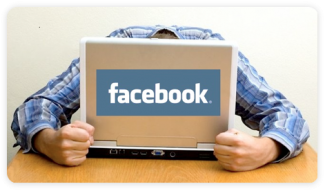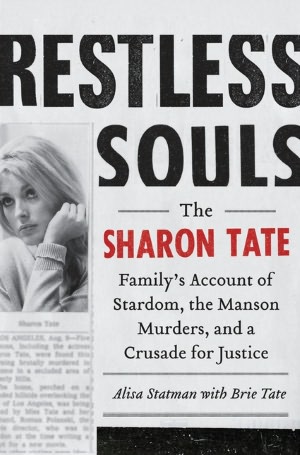I noticed on Facebook this morning that one of my friends is still fighting a persistent bout of depression. She said something about staring at her clenched fist for nearly ten minutes.
Mood music:
http://youtu.be/lspjLG9nHXk
We’ve compared notes on our depressed moments in the past, and since I dealt with a lot of depression in December and January (give or take a month. Winter’s a bitch) I thought I’d share some observations.
–The extra darkness of winter always fucks with me. But I’ve noticed something on my early-morning drives to the office — the sun is coming up earlier and earlier. By the time I pulled into the parking lot at 6 a.m., it was almost completely light out. More daylight is powerful medicine for the depressed mind.
–Despite the mood music I chose for this post, most of my musical selections of late have been the more party-oriented rock, like Van Halen. Van Halen always makes me think of summer, which warms the colder parts of my brain. Whatever your musical tastes are these days, I suggest listening to stuff that’s more shallow from a lyrical standpoint. If that fails, go for the dark humor. Ministry and Suicidal Tendencies works for me on that score.
–My depression used to be enhanced during political years like this because I used to think election outcomes mattered more than they really do. These days, though, I find the political news to be a source of spirit-lifting comedy. With guys like Santorum and Gingrich running for president, how can you not laugh?
–You’re going to hear a lot of people suggesting diet remedies. When I show my dark side, someone always suggests a gluten-free diet, either forgetting or not realizing I already avoid flour and sugar. These people are annoying, but they mean well. Just smile and walk away.
–As you walk the streets of New York City today, take a moment to appreciate the absurdity of humanity. Example: When I see scores of people talking at the air in front of them, Bluetooth device sticking out of their ear, it makes me feel cooler than everyone else. I don’t need an earpiece to talk to myself.
I realize these things might not help much. But if it helps a little, I’ve done my job.


 There are details of how he secretly started working against his comrades months ago, supplying law enforcement with the noose they needed to hang his enterprise from the gallows.
There are details of how he secretly started working against his comrades months ago, supplying law enforcement with the noose they needed to hang his enterprise from the gallows.
 I’ve written a lot here about my interest in the Manson case. This past November, I
I’ve written a lot here about my interest in the Manson case. This past November, I 




